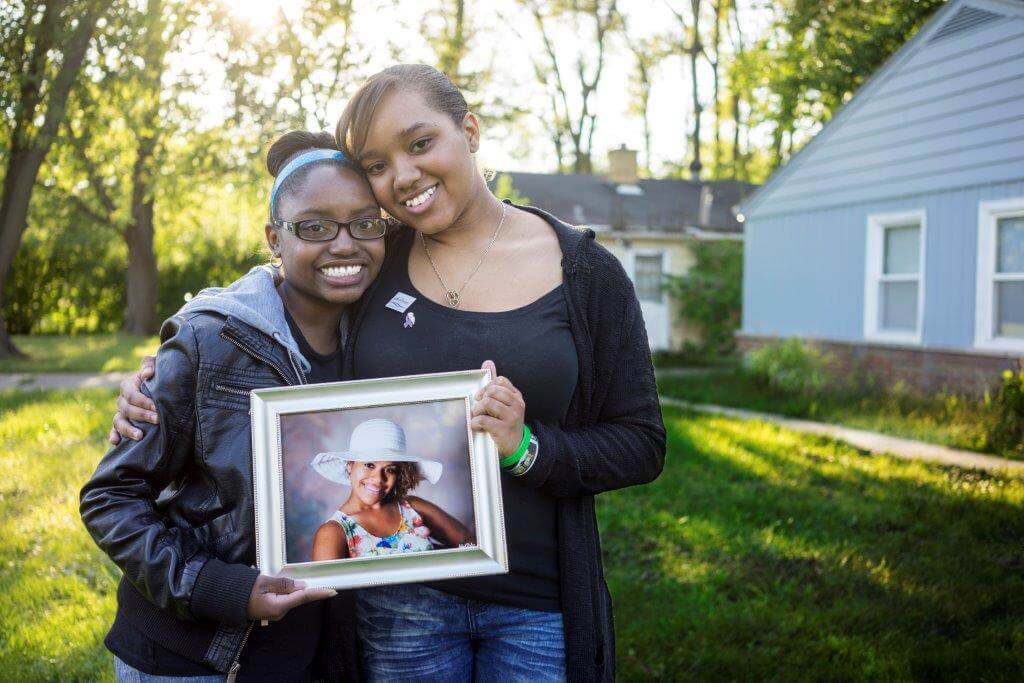FAQ
Frequently Asked Questions
Who can be a donor? What organs are needed most? What organs and tissue can I donate? And what’s my religion’s stance on donation? The topic of organ and tissue donation can raise many questions. We’re here to provide the answers. View our donation FAQs to get the answers to common questions you may have about organ and tissue donation.
What organs and tissues can be donated? +
What organs and tissue are most needed? +
Who can be a donor? +
Are there costs associated with organ and tissue donation? +
Does my religion support organ and tissue donation? +
Does donation interfere with funeral arrangements? +
When must organs be recovered? +
Organ & Tissue In Transit +
Can organs be donated to people of different races/ethnicities? +
How is a potential recipient identified? +
How do I register to be an organ and tissue donor? +
Can I change my mind after I sign up in the registry? +
Will medical care ever be compromised if I register as a donor? +
What is a living donor? +
How can I become a living donor? +
Who can be a donor? +
Are there costs associated with organ and tissue donation? +
How is a potential recipient identified? +
What is a living donor? +
How can I become a living donor? +
Who can be a donor? +
Are there costs associated with organ and tissue donation? +
How do I register to be an organ and tissue donor? +
Can I change my mind after I sign up in the registry? +
Will medical care ever be compromised if I register as a donor? +
Does my religion support organ and tissue donation? +
Does donation interfere with funeral arrangements? +
What is a living donor? +
How can I become a living donor? +
What organs and tissues can be donated? +
What organs and tissue are most needed? +
Are there costs associated with organ and tissue donation? +
When must organs be recovered? +
Organ & Tissue In Transit +
Can organs be donated to people of different races/ethnicities? +

